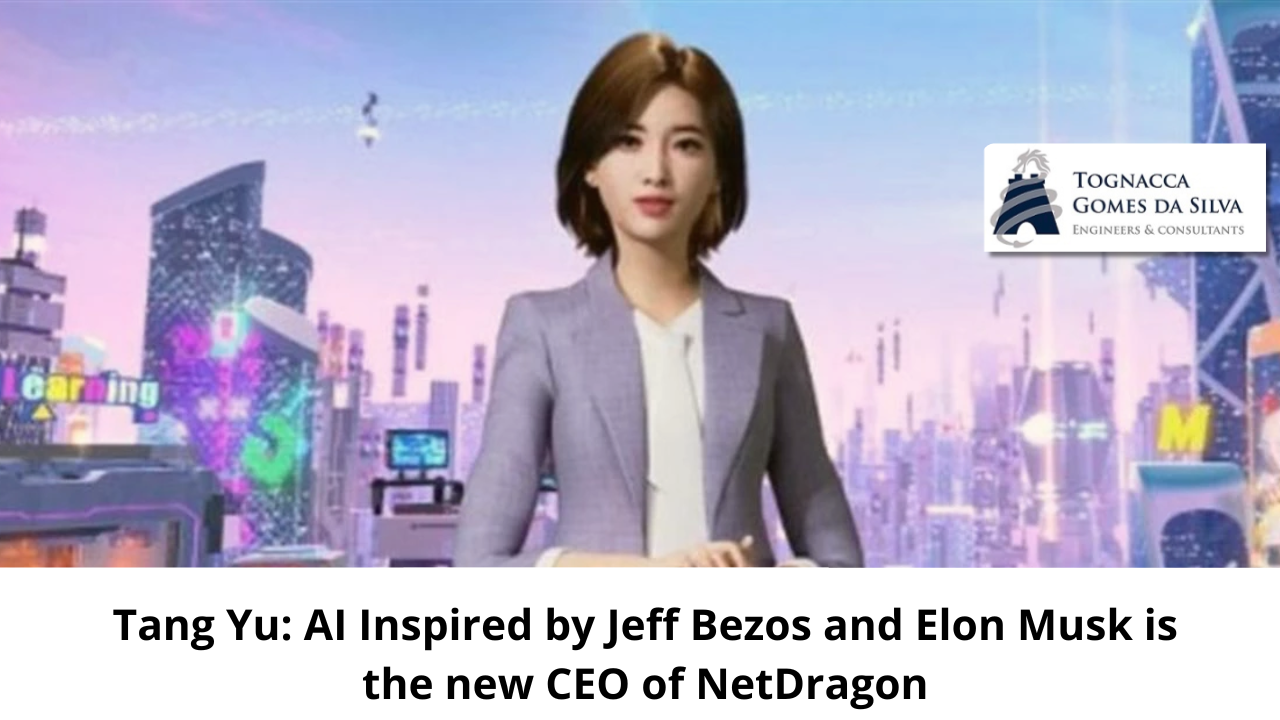Game developer NetDragon fired its CEO and replaced AI Tang Yu
When it was thought that business leaders would make mass layoffs, replacing their employees with artificial intelligence (AI), the surprise came from where least expected. It is precisely leadership positions that are disappearing to make way for AI robots.
Game developer NetDragon, based in Fuzhou, southern China, announced the resignation of its CEO and the appointment of an AI algorithm as its new leadership. The company’s founder, Dejian Liu, revealed that the AI, nicknamed Tang Yu, would take on the company’s highest position.
This decision aims to eliminate human bias and personal preferences from corporate decisions. Tang Yu will make decisions based solely on data, regardless of his subordinates’ behavior, whether friendly or difficult to deal with.
In recent months, Tang Yu has undergone “intensive training”, studying the management methods of great Chinese and Western leaders, such as Tim Cook (Apple), Jeff Bezos (Amazon) and Elon Musk (Tesla, X). The AI analyzed the management styles and practices of these leaders to apply the best strategies at NetDragon.
The announcement had a positive repercussion, causing NetDragon’s shares on the Hong Kong stock exchange to rise 10% in the last four days, increasing the company’s market value to more than US$1 billion.
“We believe that AI is the future of corporate management. Ms. Yu’s appointment demonstrates our commitment to embracing artificial intelligence to transform how we operate and drive our strategic growth,” said Dejian Liu in a market statement.
In China, hundreds of companies have replaced corporate committees and leadership positions with AI algorithms. The bet is that decisions based on data are more efficient than those made by humans.
NetDragon’s experience could become an interesting case study. The technological maturity of AI to take on such important roles in the economy is still an open question. How can software project the future just by evaluating past performance? Can he perceive changes in the market and have the vision of entrepreneurial leaders? These questions, for now, remain without definitive answers.
( fonte: C.T. Carvalho/Digital Agro )



